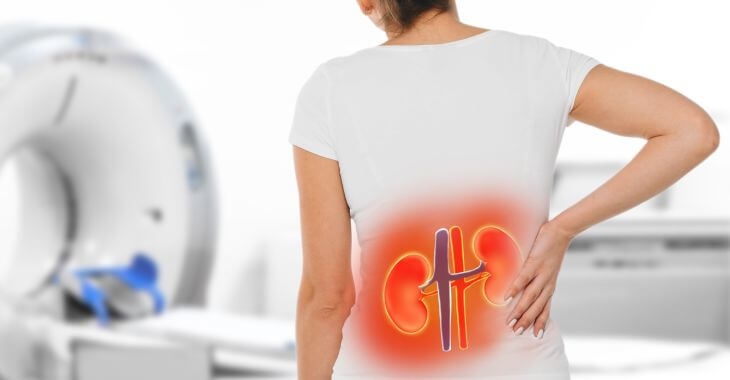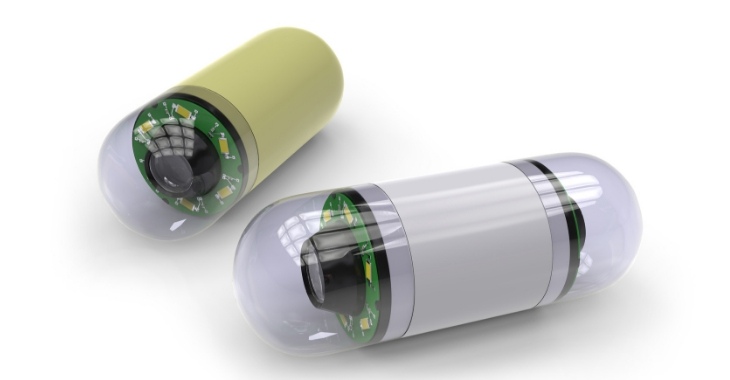Acid Reflux and its Triggers
Acid reflux is a very common ailment that people experience. That burning sensation in your chest a while after eating makes you really wish you had made better choices when choosing your menu earlier in the day. But what exactly is acid reflux, and what can you do to prevent it?
Acid reflux, also known as acid indigestion, occurs when the stomach acid used to break down foods backs up into the esophagus. The ring of muscle that separates the stomach from the esophagus, called the gastroesophageal sphincter sometimes fails which allows the acid and stomach content to be released back up to the esophagus. The stomach is built to withstand this acid, but the esophagus is not, which causes pain and irritation.
Food and Drink Triggers
You may experience acid reflux if you eat large meals, lay down within 2-3 hours of eating, or drink caffeine, alcohol or acidic juices with your meal. If your diet is high in sodium and low in fiber, that may also cause acid indigestion.
Treatment for Heartburn
There are many over-the-counter remedies that can treat symptoms of heartburn quickly. Antacid tablets and liquids lower the acid levels in your stomach and can quickly dispose of heartburn. However, if the problem is persistent, you may need to talk to a doctor who can recommend a more potent medication that can manage the issue before you begin to feel symptoms.
If you experience acid reflux more than twice a week, you may have GERD, or gastroesophageal reflux disease, which may lead to more serious problems if not given attention. Don’t just wait for the feeling to pass. If acid reflux is a constant in your life, seek a professional for help.
Posted on behalf of:
David P. Yamini, M.D.
Westside Gastro Care
2001 Santa Monica Blvd #1286
Santa Monica, CA 90404
(310) 285-3005
The information provided on this website, including text, graphics, images, and other materials, is intended solely for informational purposes and should not be used as a substitute for professional medical advice, diagnosis, or treatment.



)